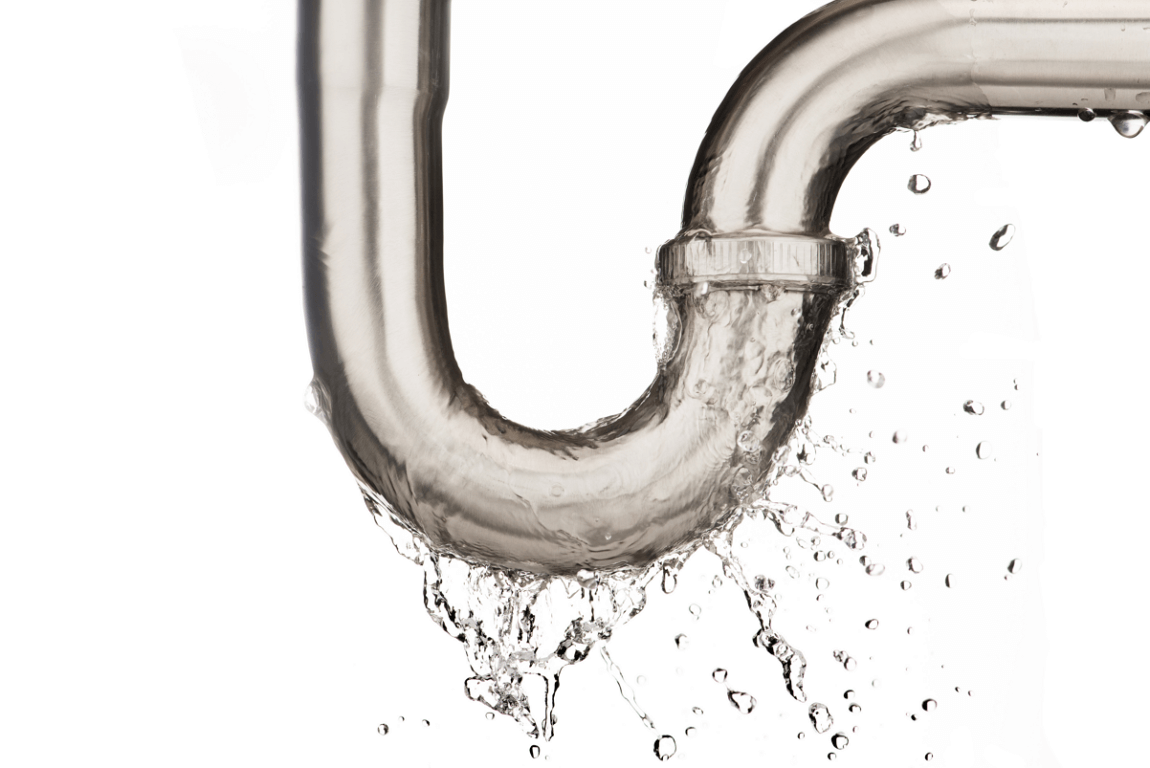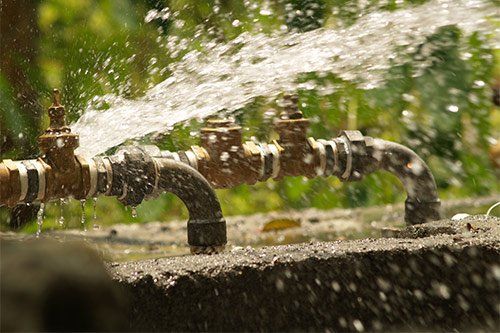We've come across this post on How to Find and Prevent Water Leaks in Your Home directly below on the net and decided it made sense to write about it with you on my blog.

"Be careful of little expenditures. A small leak will sink a fantastic ship." - Benjamin Franklin.
He couldn't have been a lot more best because water leakages in our homes cause a waste of resources, boosting our water expenses. Although this rise might appear negligible in the beginning, it can bring about significant expenses that can break your bank. Other than a boost in bills, water leakages also trigger unwanted natural development, structural damage, and also electric risks.
Finding out if you have a water leak isn't always easy as a result of being not able to see most of the pipework in your house. Nevertheless, If you have had an increase in your water expenses recently, saw water spots on ceilings and walls, scented lousy odor, and so on. You could wish to consider asking for plumbing services to get it had a look at.
There are several sources of water leaks, and also we have actually compiled the typical factors below. Check to see if you have actually had relevant concerns in your house lately.
Compromised pipe joints
Pipeline joints are the parts of our plumbing system where the pipelines link. It is essential to keep in mind that even though pipelines are developed to withstand pressure and also last for a while, they weren't developed to last for life; for that reason, they would certainly degrade over time. A common sign of harmed pipe joints is extreme noise from taps.
High water stress
You discovered your house water pressure is more than normal yet after that, why should you care? It's out of your control.
It would be best if you cared since your ordinary water stress need to be 60 Psi (per square inch) and also although your residence's plumbing system is designed to withstand 80 Psi. An increase in water pressure can put a pressure on your house pipes and result in fractures, or worse, burst pipelines. If you ever before see that your house water pressure is greater than normal, contact a professional about controling it.
Corrosion
As your pipework gets older, it gets weak and also much more prone to corrosion after the frequent flow of water through them, which can gnaw at pipelines and trigger splits. A visible indicator of rust in your home plumbing system is staining and although this could be difficult to detect because of a lot of pipelines hidden away. Once they are old to ensure an audio plumbing system, we encourage doing a regular check-up every couple of years as well as change pipelines
Obstructed drains pipes
Food particles, dirt, and oil can cause clogged drains as well as block the flow of water in and out of your sink. If undealt with, increased pressure within the rain gutters can trigger an overflow and also end up splitting or rupturing pipes. To prevent clogged up drains in your house, we recommend you to prevent pouring particles away and also routine cleansing of sinks.
Busted seals
Another cause of water leakages in residences is damaged seals of house devices that utilize water, e.g., a dishwasher. When such devices are installed, seals are mounted around water connectors for simple passage of water with the device. A damaged seal can create leak of water when in usage.
With little or no knowledge of plumbing, comprehending your residence's plumbing system adequate to repair some of these concerns (without repercussion) can be an inconvenience. Contact plumbing specialists in Pittsburgh, Divine Superintendence, Rochester, as well as environ today, and they'll make those issues go away.
He could not have been a lot more appropriate since water leakages in our homes result in a waste of resources, enhancing our water bills. If you have had a boost in your water expenses recently, saw water discolorations on wall surfaces as well as ceilings, smelt poor odor, and so on. A rise in water pressure can put a stress on your house pipes and also lead to cracks, or worse, burst pipes. One more cause of water leaks in residences is damaged seals of home appliances that make use of water, e.g., a dish washer. When such home appliances are mounted, seals are mounted around water connectors for simple flow of water through the machine.
5 TIPS IN DETECTING A WATER LEAK IN YOUR HOUSE
Water leaks can be hard to find in your home, yet they can be so common. We rely on water every day in our home, which is why a leak can cause big problems. By detecting them early, you can save money and further damage, getting the problem fixed as soon as possible. Here are 5 tips to help you detect a water leak in your home, so you can contact a plumber straight away and get the issue sorted.
Check your water meter
Many people underestimate the value of the water meter in their home. It can be one of the best ways to tell if you have a leak early on, so you can get on top of it before issues start arising. Start by turning off all the water in your home: taps, washing machine, dishwasher, etc. Now take a look at the meter – if it’s still changing with everything turned off, it’s likely you have a fast-flowing leak that you need to get on top of straight away. If nothing changes, then leave your meter for an hour or two and come back to it. Did it change in this time? It’s likely you have a slower leak, which isn’t as urgent but still handy to get fixed so it doesn’t become a bigger problem.
Keep an eye on your bill
Another good way to detect a leak in your home is by keeping an eye on your water bill. It helps if you have a past bill from the same period of time. You can compare like for like and determine whether your water usage has increased significantly. If it has, there may be a leak in your system that you haven’t picked up before. A professional plumber can check through all of your pipes and determine where it is coming from.
Look for damage
If you have a leak inside your home, you will notice damage over time. Take a look at your showers and bathtubs and note whether any of the tiles surrounding the area seem to be discoloured or damaged in any way. There may be water stains, mould or peeling material that has resulted from a build up of moisture over time. Make sure you take a look under sinks at the back of cupboards that don’t get accessed regularly. This is where damage can go unnoticed and build up over periods of time.

As a passionate reader about How to Find and Prevent Water Leaks in Your Home, I think sharing that excerpt was valuable. Are you aware of somebody who is intrigued by the subject? Why not share it. Thanks so much for going through it.
Rapid response assured.